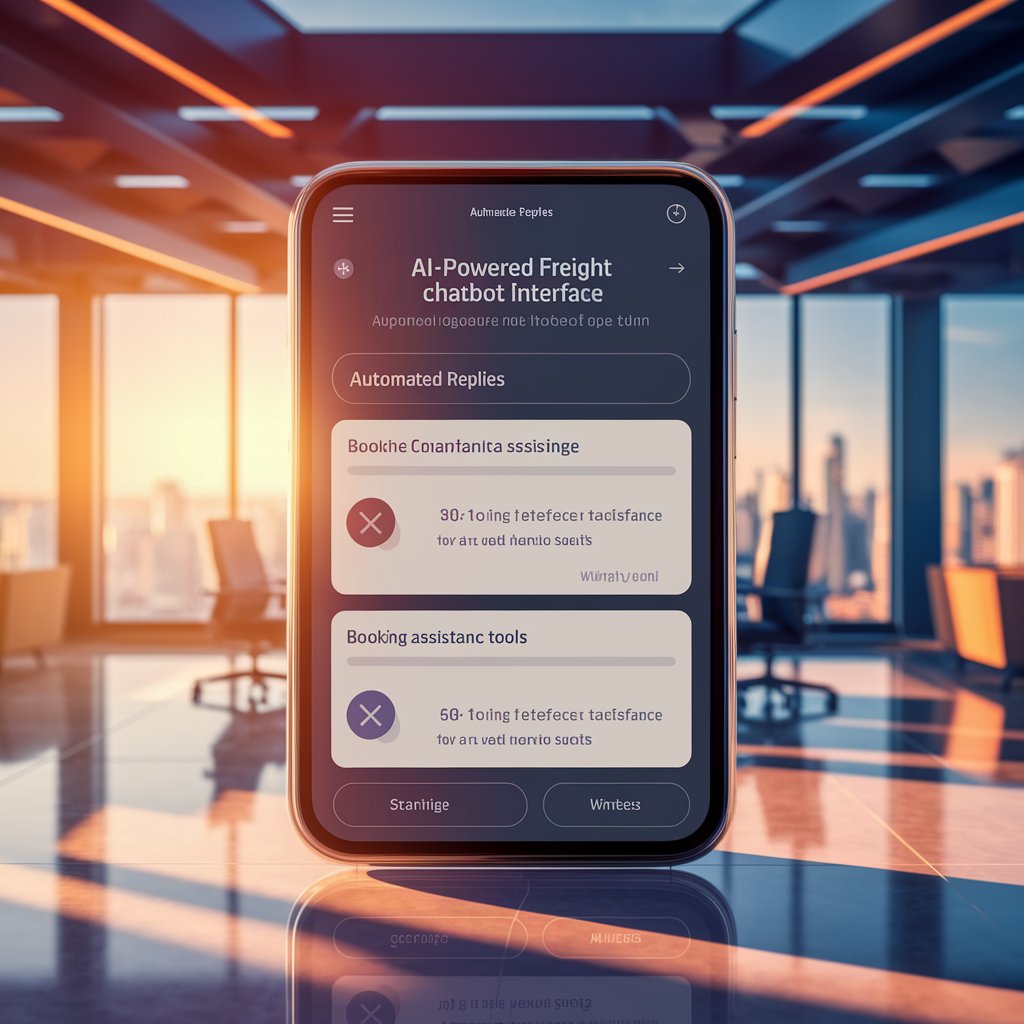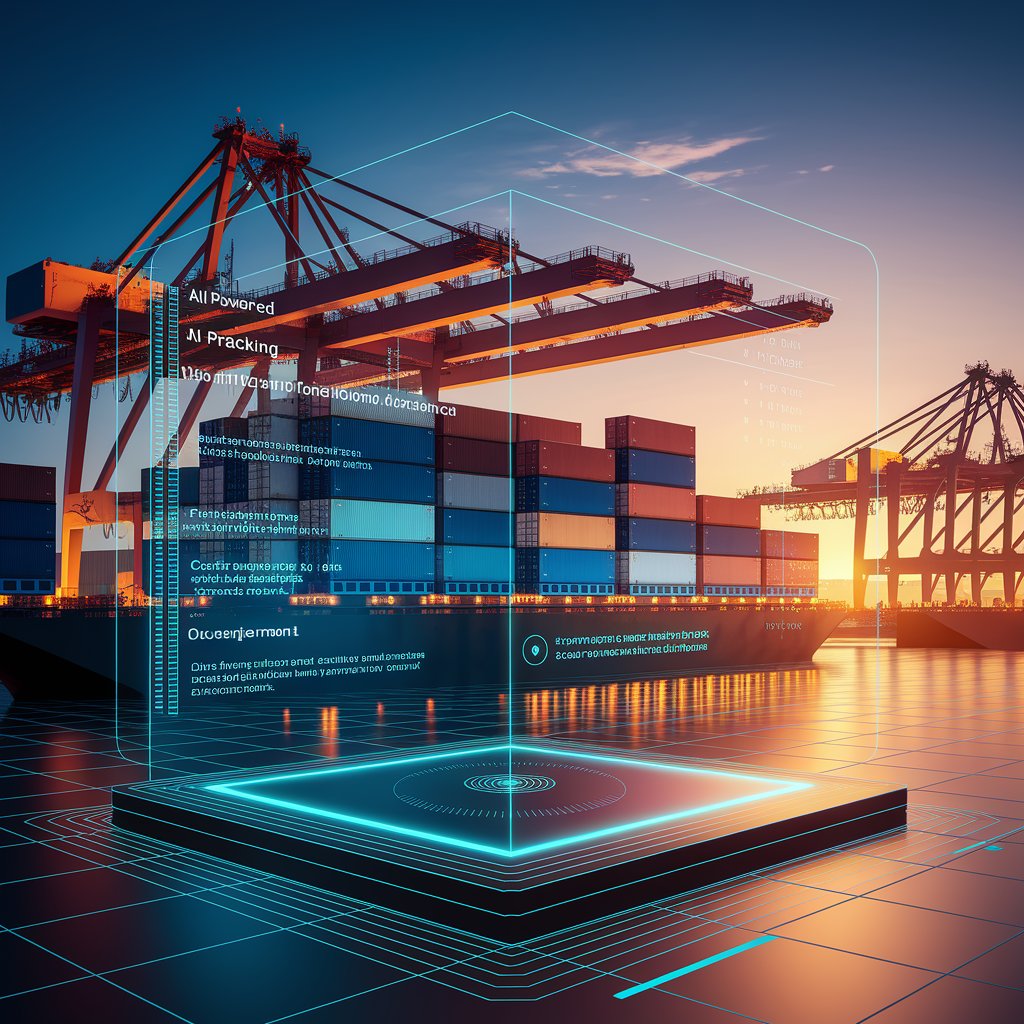Freight Chatbot Assistant: Automating Customer Support in Logistics

Introduction
A freight chatbot assistant is transforming customer interaction by providing instant, automated responses 24/7. Integrated into websites, customer portals, or messaging apps, these AI-powered bots can answer FAQs, track shipments, and even assist with booking — all while freeing up human agents to focus on complex cases. For freight forwarders, carriers, and shippers, this means faster service, reduced operational costs, and improved customer satisfaction.
What Is a Freight Chatbot Assistant?
A freight chatbot assistant is an AI-driven virtual agent designed for the logistics sector. It can:
- Provide real-time shipment tracking updates
- Answer frequently asked questions on rates, routes, and schedules
- Assist with booking and documentation requests
- Automate follow-ups and notifications
- Integrate with CRM, TMS, and freight management platforms
Its goal is to enhance responsiveness and ensure customers get accurate, timely information without manual intervention.

Key Benefits for Logistics Operations
Benefit | Why It Matters |
24/7 Availability | Support customers anytime, anywhere |
Real-Time Updates | Immediate shipment status information |
Cost Reduction | Lower customer service expenses |
Scalability | Handle high volumes without extra staff |
Consistency | Provide accurate and standardized answers |
How It Works
A freight chatbot assistant connects with backend logistics systems through APIs. Here’s an example of its workflow:
- Customer Inquiry: A client asks, “Where is my container?” via chat.
- Data Retrieval: The chatbot accesses the tracking API from the TMS or carrier.
- Response: It instantly replies with the real-time location, ETA, and any relevant milestones.
- Follow-Up: Offers the customer the option to receive updates via email or SMS.
This seamless process boosts transparency and builds trust.

Advanced Features & Technology
Modern freight chatbot assistants can leverage:
- Natural Language Processing (NLP) to understand complex queries
- Multilingual Support for global customers
- AI Learning Models that improve over time based on interactions
- Integration with AI Analytics to suggest better shipping options
- Voice-enabled Interfaces for hands-free use in warehouses or trucks
Why It Matters for the Future of Logistics
As logistics companies face increasing shipment volumes and higher customer expectations, scaling human customer service teams is not always feasible. The freight chatbot assistant enables businesses to offer fast, accurate, and consistent support without proportional increases in staffing, making it a key tool in digital transformation strategies.

Conclusion
A freight chatbot assistant empowers logistics companies to deliver real-time information, instant support, and consistent communication. By automating routine inquiries and integrating with core freight systems, it frees teams to focus on strategic work, while customers enjoy faster, more reliable service. In the competitive logistics industry, AI-driven chat assistants are no longer a luxury — they are becoming a necessity.
